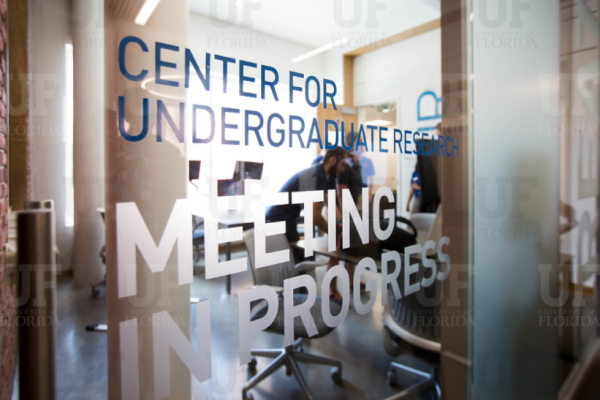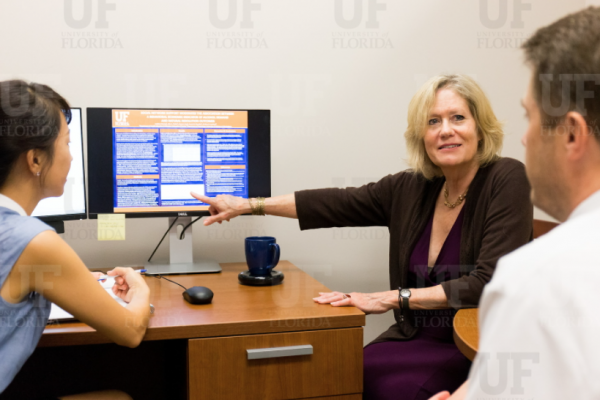Ethical thinking relies not only on philosophical and theological resources but also on information literacy. According to the Chartered Institute of Library and Information Professionals (CILIP), “information literacy is the ability to think critically and make balanced judgements about any information we find and use. It empowers us as citizens to develop informed views and to engage fully with society.” Knowing how to search strategically for quality information about the issues that matter, and tools for evaluating and analyzing this information are crucial to constructive engagement with challenges in public life. We can think of this as the diagnostic aspect of thinking ethically, as we try to identify where ethical problems reside and what facts are relevant to their assessment and resolution. Our project addresses this aspect of ethics through classes and other activities aligned with the Association of College and Research Libraries (ACRL) Framework for Information Literacy. Our goals are to help students learn to read critically, to evaluate sources of data and information, including social media and popular culture, as well as academic research, and to use evidence and sources appropriately in building ethical arguments and supporting claims. Partnership with the UF libraries and the College of Journalism and Communication will provide resources for these tasks. We will also help students understand the importance not just of academic evidence but also of diverse perspectives, particularly of communities that are most affected by the problems at hand.

